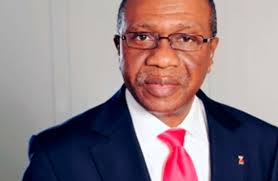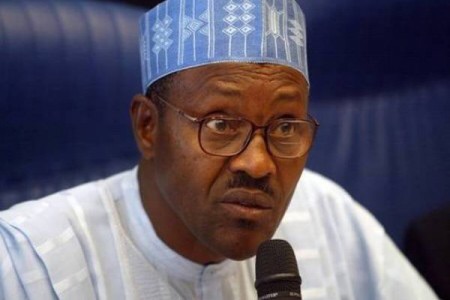The Central Bank of Nigeria on Tuesday retained its policy rate at 13 percent , facing a currency at record lows and inflationary risks linked to a collapse in world oil prices.
Governor Godwin Emefiele gave the bank’s Monetary Policy Committee decision, after noting that inflation remained within its targets but faced risks ahead. He announced no further moves on the naira’s band, which the bank devalued by 8 percent in November in a bid to halt a slide in its reserves.
Nigeria’s liquidity ratio was retained at 30 percent.
The bank raised interest rates at the last meeting for the first time in two years, in November, by 100 basis points.
The naira ended the day at a record closing low of 189.20 against the dollar ahead of the meeting on Tuesday, a fall of 1.1 percent despite a central bank intervention with dollar sales.
That is well outside the bank’s target band of 5 percent plus or minus 168 to the dollar.
Asked about it after the rate announcement, Emefiele said the naira was “appropriately priced” and that the bank will not tolerate speculative attacks on it.
“The committee noted with satisfaction the growth performance of the economy as well as the year end inflation outcome,” Emefiele said. “It was however concerned about a number of risks, including security challenges … which have continued to disrupt farming and … the sustained decline in oil price gross domestic products.”
He said reserves at the end of last year were equal to eight months of import cover.














